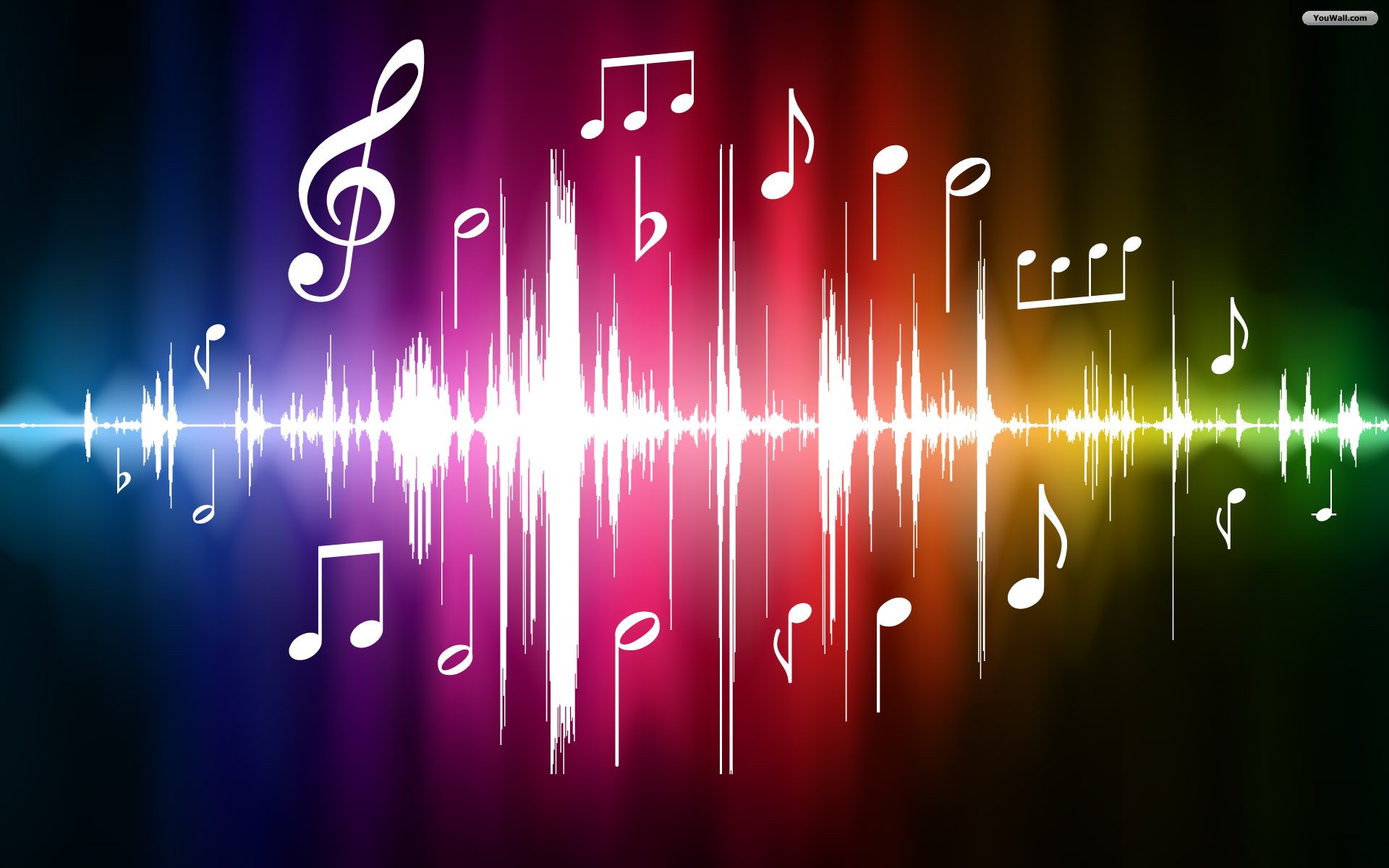Music, an ethereal and transcendent art form, has always been an integral aspect of the human experience. Its profound resonance extends beyond mere entertainment, entwining itself with the very fabric of the soul. In the context of Bahá’í teachings, music evolves into a vital conduit for spiritual expression and connection, facilitating the soul’s ascent towards the divine. This exploration will illuminate the imperatives of music, elucidating the significance of writing within the realm of music and how it can unveil the beauty of life.
To understand the Bahá’í perspective on music, one must first recognize its inherent power to evoke emotions, provoke thoughts, and foster unity among diverse peoples and cultures. Music serves as a universal language, transcending geographical and linguistic barriers. The Bahá’í writings extol music for its ability to uplift the spirit and create an environment conducive to spiritual growth. The profound impact of music upon the soul prompts a closer examination of its characteristics, forms, and the manner in which it can inspire holistic development.
### The Nature of Music in Bahá’í Teachings
At its essence, music is regarded as a form of divine expression. The Bahá’í teachings emphasize that all forms of art, including music, are bestowed upon humanity to invigorate the human spirit. ‘Abdu’l-Bahá, the son of Bahá’u’lláh, articulates that “music is a ladder for the soul,” illustrating its role as a means of transcending the material world. As individuals engage with music, they venture towards a state of spiritual awakening.
The transformative power of music encompasses various genres and styles. From sacred hymns that evoke meditative states to contemporary melodies that resonate with societal themes, music functions to reflect the tumultuous yet beautiful journey of life. Each genre offers a unique lens through which to discover the intricacies of emotion and spirituality. In this exploration, the interplay between traditional and modern forms of music warrants special attention, as it illuminates the diverse means by which the soul may connect with the divine.
### Writing in the Context of Music
Writing, too, plays a pivotal role in the realm of music. It is through the written word that lyrical expressions achieve permanence, allowing emotional narratives to be immortalized and shared across generations. The craft of writing music lyrics intertwines creativity with introspection, offering a cathartic outlet for the artist’s emotions and experiences. In the Bahá’í tradition, writing becomes a spiritual practice, fostering a greater understanding of one’s inner self and connection to the divine.
Every lyric penned is a reflection of the human experience, capturing moments of elation, sorrow, and contemplation. The Bahá’í writings encourage this reflective process, asserting that the act of writing can lead to profound insights and inspiration. Through music writing, artists not only articulate their sentiments but also pave the way for others to embark on their explorative journey of self-discovery. The connection between the writer and the audience becomes visceral, bridging the gap between individual experiences and universal truths.
### The Beauty of Life Unveiled through Music
As the exploration of music writing intensifies, one can genuinely appreciate the beauty in life’s multifaceted essence. Each note, lyric, and melody serves as a testament to the intricate tapestry of human existence. Music has the ability to encapsulate fleeting moments of joy while also providing solace in times of despair. It allows individuals to find beauty in adversity, reminding them of the interconnectedness of their struggles and triumphs.
In the Bahá’í context, beauty transcends the superficial; it is deeply intertwined with the spiritual journey of the soul. The beauty of life, as unveiled through music, compels individuals to cultivate a sense of gratitude and reverence for their experiences. Through contemplation of musical compositions, one recognizes that life is not merely a series of events; rather, it is rich with lessons, opportunities for growth, and profound beauty.
### Connecting with a Community Through Music
The communal aspect of music in Bahá’í culture is also noteworthy. Group singing, whether in devotional gatherings or musical ensembles, fosters a profound sense of unity among participants. The collective experience of music encourages a shared journey of spiritual elevation where individuals harmonize their voices and intentions. In this unity, the diversity of perspectives enriches the collective pursuit of beauty and enlightenment.
This sense of community is vital in the Bahá’í teachings, where collaboration and interconnectedness are viewed as essential components for the advancement of humanity. As individuals come together through the medium of music, they create a vibrant tapestry of shared emotions and aspirations, thereby reinforcing their commitment to one another and their spiritual growth.
### Conclusion
In the delicate interplay between music, writing, and the soul, one discovers the innate beauty of life. The teachings of the Bahá’í Faith offer a profound framework for understanding music not simply as an art form, but as a spiritual imperative that enriches the human experience. Through this lens, writing becomes a pathway to express the ineffable, enabling deeper connections between individuals and the divine. Ultimately, the exploration of music serves as a reminder of our shared humanity, where beauty is continuously unveiled through our artistic endeavors and spiritual aspirations.
